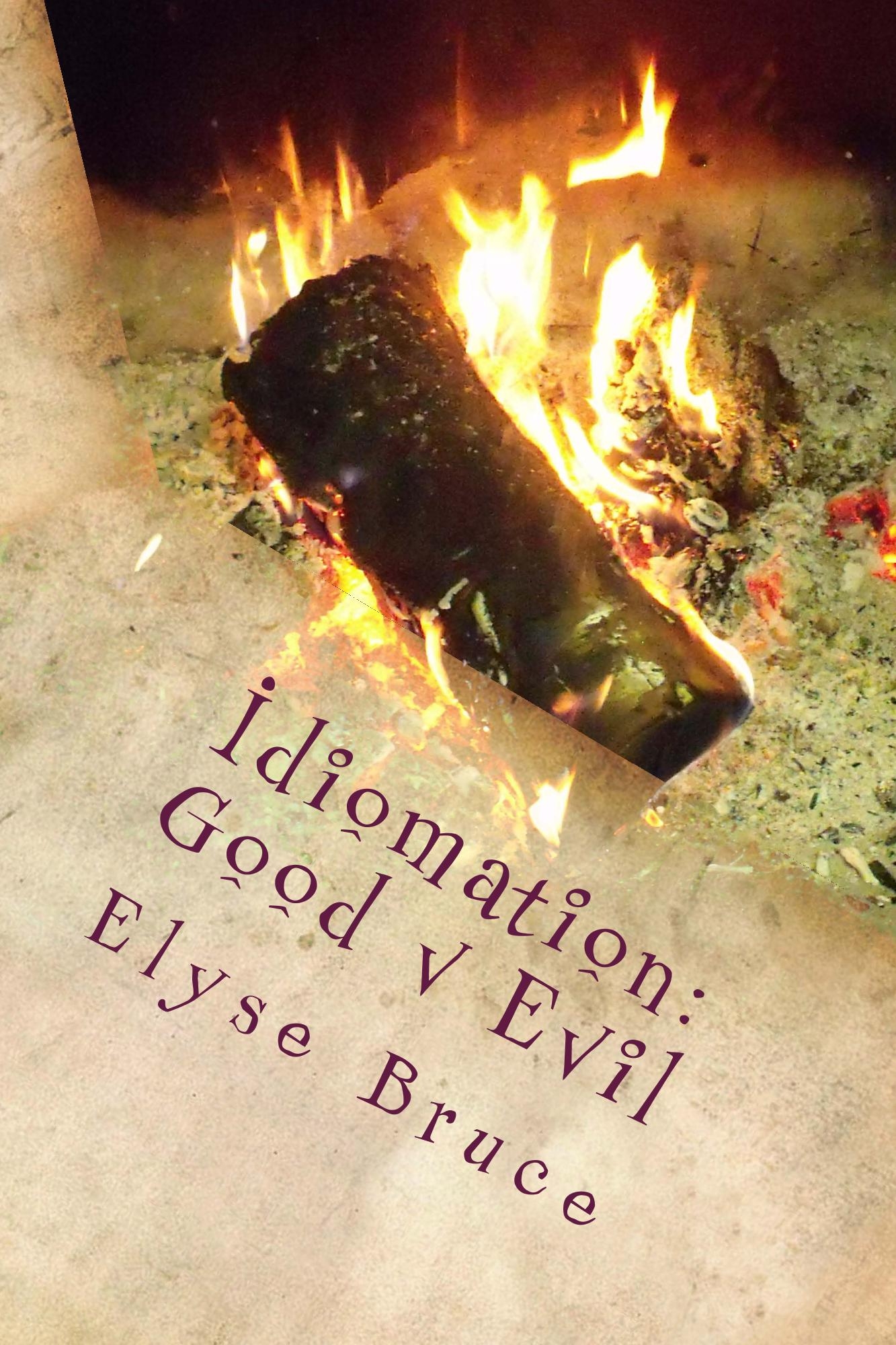Tuesday’s entry at Idiomation stated that making ends meet wasn’t the same as robbing Peter to pay Paul. That expression means that the solution to a problem creates a new problem that is just as urgent and important to resolve as the original problem. In other words, in order to solve the first problem, you must take tagged resources from another area, now leaving you with the same problem for the second problem as you were facing with the first problem.
For example, let’s say you have a mortgage payment due in 3 days and a bank loan payment due tomorrow but you don’t have the financial resources to pay both debts due. If you take money set aside for the mortgage payment and pay the bank loan, this leaves a deficit in the money set aside for the mortgage even though the bank loan has been paid. You have just robbed Peter to pay Paul.
It’s a phrase that’s found in many languages. The French know it as “Decouvrir saint Pierre pour couvrir saint Paul.” The Spanish know it as “Desnudar a uno santo para vestir a otro.” The German know it as “Dem Peter nehmen und dem Paul geben.” Yes, this is an expression that has certainly had an impact on a number of cultures around the world that have been touched by Christianity.
Now it’s true that the apostles Peter and Paul share the same Saints’ Day on June 29. However, before the Reformation, Church taxes had to be paid to St. Paul’s Cathedral in London and to St. Peter’s Basilica in Rome. When there wasn’t enough money to pay both taxes, creative financing was introduced.
At about the same time, Westminster Abbey was known as the Abbey of St. Peter. After the Battle of Hastings in 1066, the Abbey of St Peter in the west was the focus of political power, while St Paul’s Cathedral in the east was the focus of the City’s commerce and trade. The two Churches were linked by the Thames which was the main highway of London.
King Henry VIII then designated the Abbey of St. Peter to become a second Cathedral with its own bishop and diocese. Some of the lands belonging to the Abbey of St. Peter were sold off and used to repair St Paul’s Cathedral. For many who were loyal to the Abbey of St. Peter, this was seen as robbing [St.] Peter to pay [for St] Paul.
Now that may seem to answer the question as to the origin of the phrase, seeing that two churches — St. Paul’s Church and two different St. Peter Churches — use the exact two names found in the phrase. However, there is proof of the phrase’s existence prior to this time.
The expression was a common expression nearly 200 hundred years prior to the Church incident. Oxford scholar, priest and theologian John Wyclif — well-known throughout Europe for his opposition to the teaching of the organized Church which he believed to be contrary to the Bible — had this to say in his book “Select English Works” in 1380.
Lord, hou schulde God approve that you robbe Petur and gif is robbere to Poule in ye name of Crist?‘
While many would like to believe that the phrase is somehow found in the Bible, the fact of the matter is that a similar phrase is found in the Ancient Chinese idiom:
Dismantle the east wall to patch up the west wall.
While this may not refer to either Peter or Paul, the spirit of the phrase is the identical and so while the original expression using the names dates back to at least the 1300s, the original spirit of the expression dates back to Ancient China.

